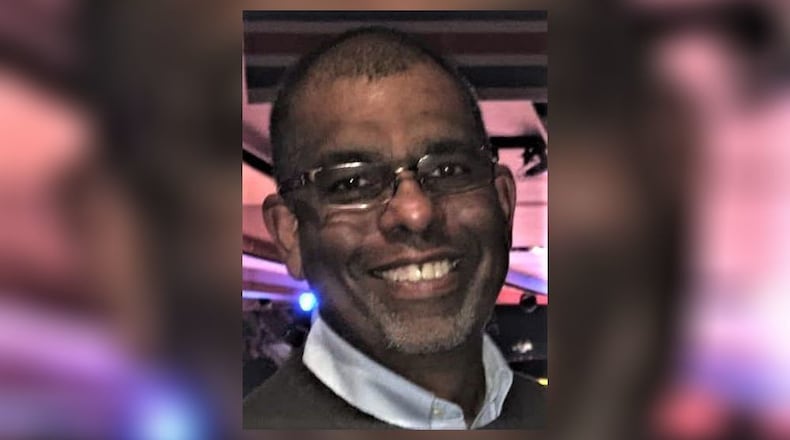We think of ourselves as good and nice, but two different surveys show a striking contrast and illustrate how we really feel.
One study showed 98% of respondents believed they ranked in the top half of all pleasant people. Yet, this Scientific American survey reported that most people consider themselves morally superior.
Taken together, I guess that means most people are good and nice — but better than everyone else.
John Spicuzza never thought he was better than anybody else. Sure, he was nice, because he treated people well. But he was kind because of his empathy. For example, you can be nice to someone who doesn’t have a job but lack empathy for the inability to find work.
So being nice is the minimum of cordiality, and empathy the gold standard of humanity.
John Spicuzza was a military veteran, retired Chrysler worker, and a member of the Ohio Wrestling Officials Hall of Fame. He was born during the Depression, saw the country’s angst during the civil rights movement, and witnessed the debates over same-sex marriage, just to name a few of the contentious issues that have roiled our country.
He never judged anyone for their choices, an advantageous trait given his melting pot of a family that included interracial and same-sex couples and a transgender grandchild. Labels meant nothing to him because he knew that members of his family made choices that made them happier. That’s all he cared about.
His family showed its love for him when some 20 people crammed into a small hospital room to say goodbye. His wife of 68 years, Helen, held his hand and rested her head on an arm bruised by too many IVs. One of his daughters played the Kenny Rogers’ song, “Through the Years,” a tune he and Helen often danced to at family gatherings. He would whisper the lyrics in her ear, tell her he loved her, and gently kiss her. Sometimes he would cry.
Shortly after the song finished, my father-in-law’s heart and breathing stopped. The room went silent.
As the gentle weeping began again, I told myself I need to do a better job at being kind. We can honor the people who have come before us, and left us, by remembering the traits they passed on.
My grandfather, the most important male figure in my life, instilled a relentless work ethic buoyed by quiet strength. My father-in-law taught me empathy.
We’re not only worse off as a family, but worse off as a society with John Spicuzza’s passing. We lose, every day, empathetic people who show us that we can be better to each other. Those lessons don’t always stick, but when they do, it creates a cascade of kindness we can pass on to the next generation.
This isn’t about the death of one man. It’s about the chipping away of an ideal that’s in short supply. Whether it’s community icons like the former Urban League CEO Willie Walker and local arts fixture William “Kip” Moore; or people most of us don’t know who helped changed their neighborhood, losing these people goes far beyond the body we used to embrace.
We cry for those who have left us but not for what we’ve lost. Losing kind people hurts and reminds us we can be better.
My father-in-law left us all an amazing gift that we should cherish.
He showed us how to be kind.
Ray Marcano’s column appears on these pages each Sunday. He can be reached at raymarcanoddn@gmail.com.
About the Author
